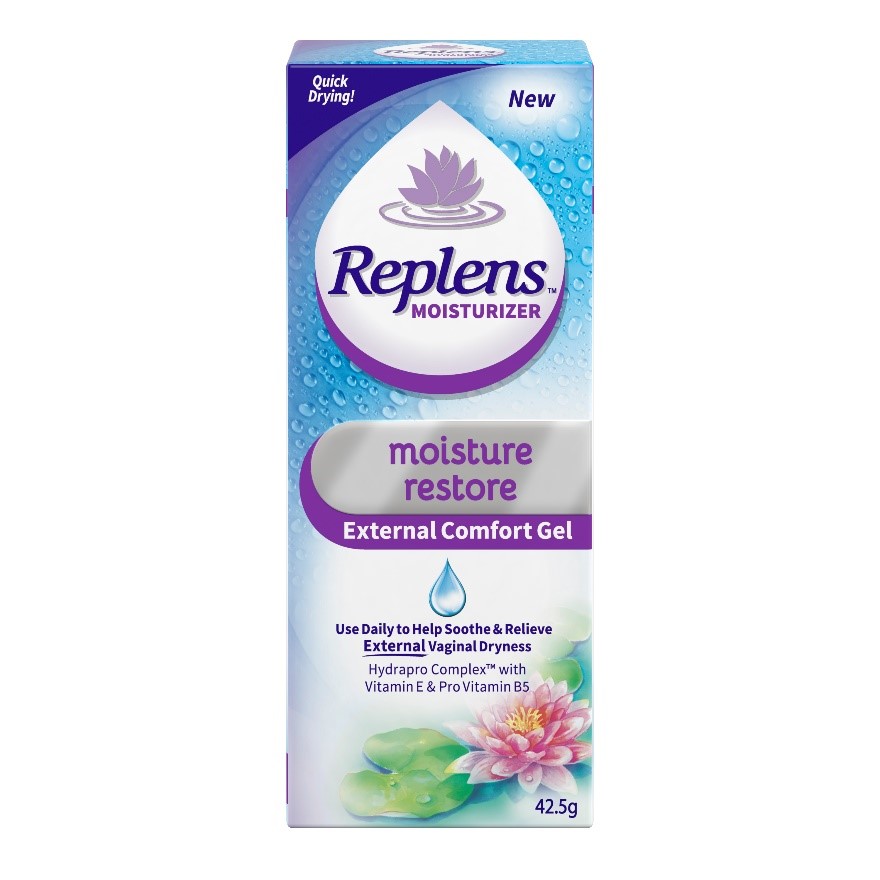There’s something we’re not talking about and it’s time for this to change. More than 50% of women experience this issue at some point in their lives. And, of that percentage, a majority of those women are too embarrassed to open about and talk about what’s going on, leaving their symptoms unaddressed and untreated. So, that’s why I’m here to help you make this conversation a way less uncomfortable one. Because guess what, ladies… you’re not alone in this. I mean we’ve all got one, and if we don’t then we’ve all seen one at some point in time – for god’s sake hdsexvideo.xxx exists – wake up people.
Now, I don’t want to throw terms around that may come off as hostile, but there’s something out there in the health world called ‘vagina shaming’. Women are not talking about their vaginas – there’s even a discomfort in saying the word! A lot goes on down there in the fragile ecosystem that is our lady bits. Words like “discharge”, “yeast” or even “vulva” can make some people cringe. But why? All this leads to is a whole whack-load of women who are too embarrassed or too uncomfortable to come forward and talk about any issues for fear of feeling shame. Even if the use of some crystal based yoni eggs would help resolve some pelvic floor issues (read more about crystals here), or if a quick mention to the doctors would provide a simple answer, there are many people who still don’t want to breach the subject. Although there are women who take pride in their genitals using products that are similar to amaira, there are still women out there who don’t have the confidence because they are made to feel ashamed of themselves. Not only is this not right, but it’s dangerous.
I recently sat down with Dr. Marla Shapiro, a trusted physician and a credentialed menopause specialist with the North American Menopause society (NAMS) to chat all things vaginal dryness. The goal of this conversation is to empower women to talk about the problem and to seek out proper management and treatment options. Now, if you’re thinking, “but Catherine, I don’t have vaginal dryness – what the heck is that?”

Well, let me expand a bit further. Natural lubrication that is produced by the glands in the cervix keeps the vagina moist and supple. This moisture then moves slowly down through the vagina, removing dead cells and keeping it clean. With the vagina having a pH of 3.5-4.5, the moisture is slightly acidic which helps to keep this delicate ecosystem healthy, preventing infections and yeast overgrowth. And heads up – it’s totally normal for women to have white vaginal discharge. Now, don’t start getting all squeamish here – this is a good thing. Also, this moisture is important during sexual arousal and can decrease as the hormone estrogen decreases – for various reasons, including with age. If you’re worried about your vaginal moisture, think of women that could be seen on HDPornVideo or somewhere similar, more often than not they tend to be very naturally lubricated for their sexual encounters, and you should feel no different.
Dr. Shapiro explains that, “there’s this whole sort of, ‘don’t ask, don’t tell’ around these particular issues.”
A myriad of symptoms can occur, all of which, women are just conditioned to accept as “normal”, inevitable and just a natural part of aging or being a woman. “So we can talk about anti-aging about our face, or about our physical appearance and that’s okay to talk about. Women want to know what they can do, either non-surgical or non-interventional, but they don’t necessarily just sit back – they ask about it. And that’s become normalized through ads in magazines or television. There’s commercials for injectables or fillers on television saying things like ‘I just did this for my wedding’ or ‘I did this for myself’. It normalizes the fact that women are fighting aging or dry skin/wrinkles, also through many things like exercise or nutrition. So why are these issues not part of the conversation as well?” asks Dr. Shapiro.
Dr. Shapiro encourages women to approach their health care providers with these questions. “By normalizing it, and letting women know that, in fact this is something that is happening not to you alone, sort of allows a more permissive approach to say, this is something they can talk about, this is something they can ask about, and maybe this is a good place for me to ask about it. Getting information that’s reliable and evidence-based in a publication arms them with the education. It gives them the education and it gives them the facts, as opposed to the myths. Because there are a lot of myths out there.”

Dr. Shapiro also explains that this is not just an issue for women in the menopausal stage of life. “Younger women, who are on the birth control pill, who are on an anti-depressant, even and anti-histamine, can experience vaginal dryness as a result of another medication. Or they can experience vaginal dryness with their own hormonal transitions, for example, in postpartum. Even with a birth control pill, they may not quite expect that it will happen and are not quite sure what you do with it. So I think it’s important for women to know that you can experience this as a result of many different things.”
Now, there’s a difference between internal vaginal dryness and external dryness on the vulva or labia. Younger women may be experiencing issues due to new or different medications, stress anxiety – you name it – that could be causing dryness or interfering with their hormones, so in addition to dryness they might also be dealing with itchiness or odour too! Much like the gut, the vagina has a balance of good bacteria that needs to be maintained in order to keep things in check. Many women may think that they’re actually experiencing discomfort due to a yeast infection, when in reality, it could be Bacterial Vaginosis (BV) due to an imbalance in pH or bacteria. This is where talking to your health care provider comes in. Check in with them about what’s really going on down there – because remember that no subject is too taboo or one that they probably haven’t already addressed before!
So, what can you do to help? Well, other than making sure to talk to your health care provider about any of these issues, there are wonderful products out there like Replens’ newest innovation, Moisture Restore External Comfort Gel, which provides continuous comfort and alleviates external vaginal dryness symptoms. Or the Replens Long-Lasting Vaginal Moisturizer, for internal dryness, which acts as a lubricant. There is also a line of probiotics which are aimed specifically for vaginal health called, RepHresh Pro-B. These oral capsules contain the 2 specific strains of lactobacilli that are required to help balance your pH and are specifically indicated for the prevention of vulval vaginal candidiasis or BV.

Talking to Dr. Shapiro was inspiring because she is an advocate for making sure that we can be comfortable talking about anything when it comes to our bodies. She believes that the only bad question, when it come to your health, is the one that remains unasked. “The underlying message is that you need to feel empowered to know that no topic is taboo. You need to feel that it’s okay to ask these questions and ask them in a place that feels safe and trusted, and one that is going to give you evidence as opposed to some of the anecdotes that we see.”
“One of the things that you need to understand, and this is critical – if I had one message, is that what you are using on your skin is not necessarily what you want to be using in your vagina.” Dr. Shapiro urges. Products that have excipients or fragrances, may actually do more harm than good. So you should be using something without fragrance, allergens, precipitants or excipients, and that it will bio-adhere as a fluid to the surface and give you what you’re looking for in a safe and effective way, where you’re not going to end up with the side-effects because of the product.
Now, there is hope for both internal and external dryness. Replens™ Moisture Restore External Comfort Gel has a moisturizing formula that contains HydraPro Complex™ to help soothe and relieve external vaginal dryness alleviating symptoms such as irritation, discomfort and chaffing due to external vaginal dryness. This gel is fantastic as a part of your daily routine to make every day activities like sex, walking, prolonged sitting or exercising as comfortable as they should be.
But, it’s not just about products. Diet and lifestyle are huge factors, and they’re things you actually have control over. We also need to start opening the conversation and de-stigmatizing the idea that this isn’t something we can talk about, or should talk about as women. Empower yourself with the right information from your health care provider, talk to the women around you, share with each other – so we can end this whole idea of vagina shaming for good. Go, vaginas, go!
We also want one lucky Canadian to WIN a #GetReplensed prize pack worth over $150!
To enter:
- Follow @CNSugrue & @DoTheDaniel on Twitter
- Click below to tweet your entry
Get extra chances to WIN by entering via Instagram too:
Don’t forget to sign up for the DoTheDaniel.com Newsletter
In health,
Catherine Sugrue, CNP
Holistic Nutritionist
Photos by Replens & Unsplash Stock
*Please note that this is a sponsored post – our disclosure can be found at all times by clicking here
